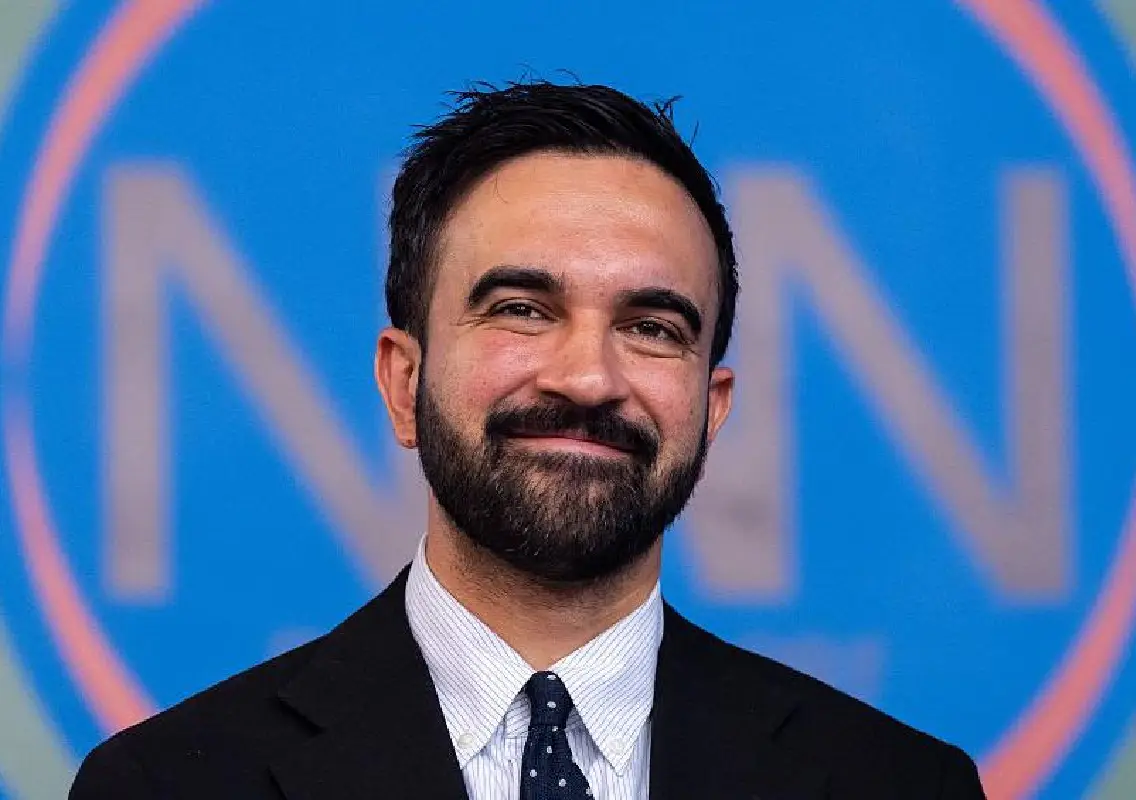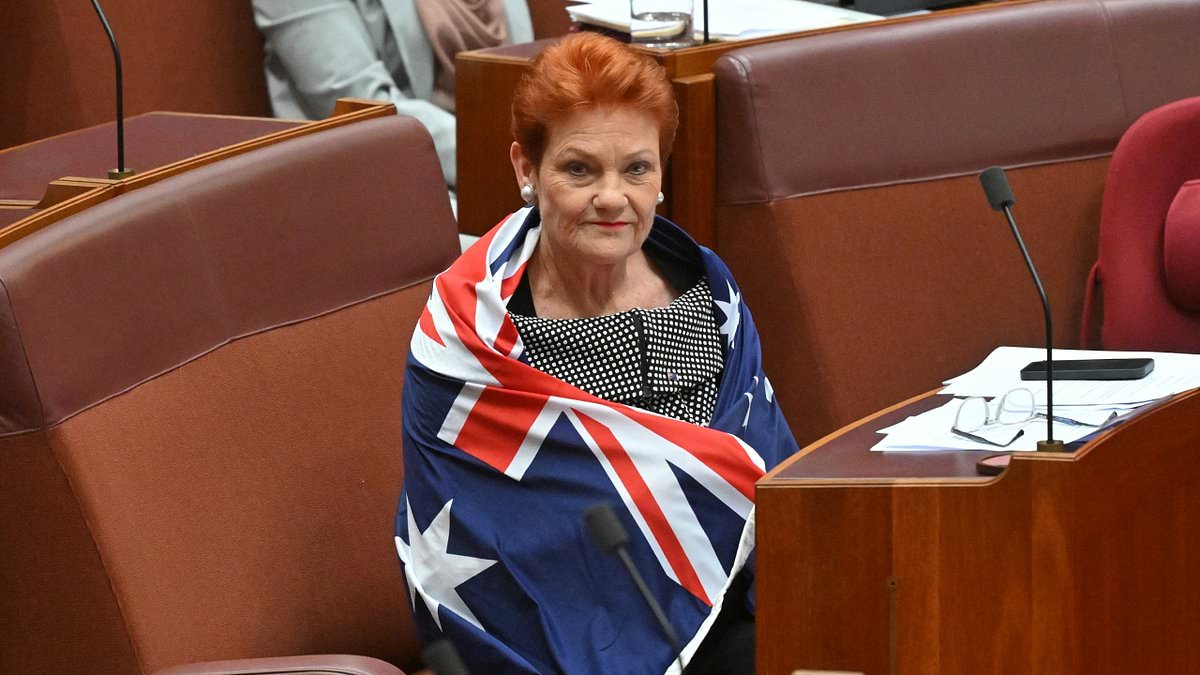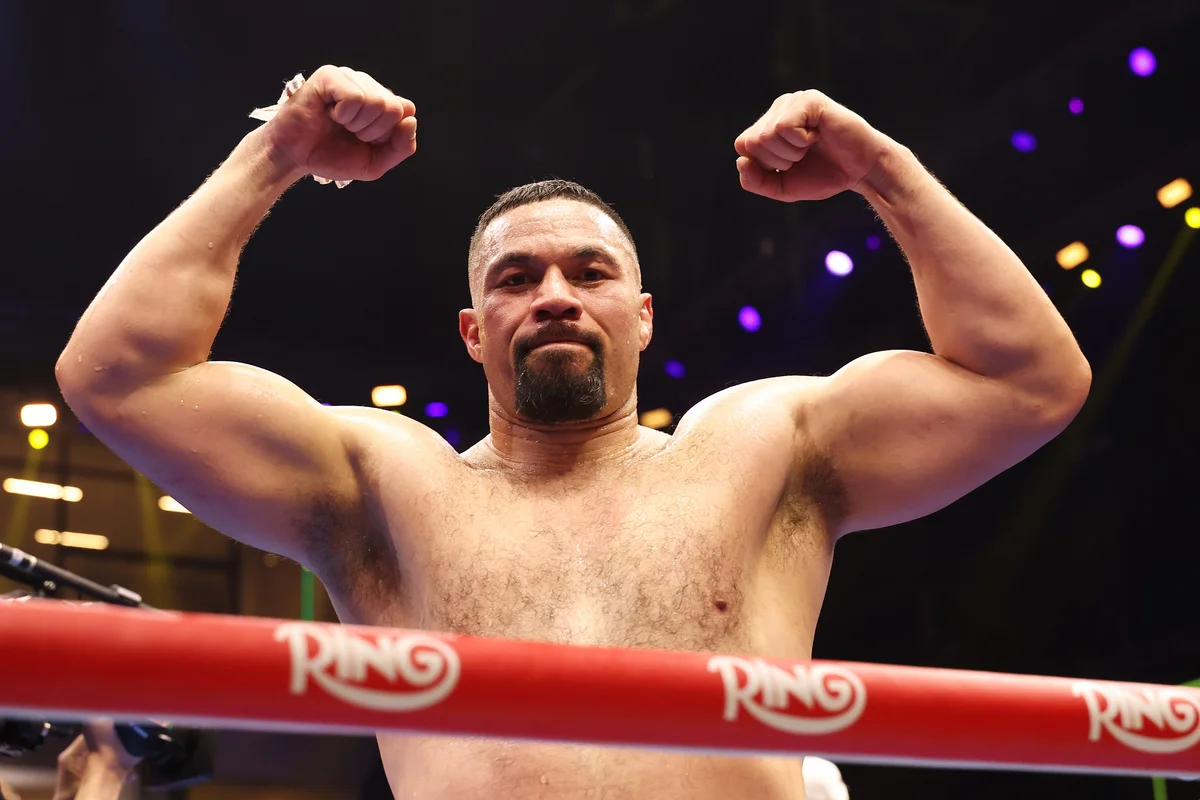Copyright newskarnataka

Progressive candidate Zohran Mamdani, the 34-year-old frontrunner in the New York City mayoral race, continues to lead the field despite a large section of residents expressing concerns about his policy platform, recent polls show. Polls show mixed sentiment towards Mamdani A Victory Insights survey released last week revealed that 39% of 500 voters viewed Mamdani as a “threat to the future of the city,” while 26.5% said they were “seriously considering leaving the city if he becomes mayor.” However, despite these reservations, Mamdani maintains a strong lead in most head-to-head matchups. A Manhattan Institute poll placed him ahead of former governor Andrew Cuomo with 43% support, compared with Cuomo’s 28%. In the same three-way scenario, Republican candidate Curtis Sliwa trailed at 19%. Progressive message resonates with new voters Mamdani’s campaign has built momentum among young and immigrant voters, with polls showing that 62% of foreign-born New Yorkers support him, compared with 24% for Cuomo, according to Patriot Polling. The foreign-born population of New York City stands at roughly 37%, giving Mamdani a strong base of support. Among American-born voters, however, Cuomo leads with 40% against Mamdani’s 32%, pointing to a clear demographic divide in the race. Mamdani’s growing support among diverse groups highlights a shift in urban voter dynamics — where calls for transformative policies appear to outweigh apprehensions about governance experience or radical reforms. Voters divided over Mamdani’s policy platform Mamdani’s agenda includes proposals for expanding social services, freezing rent, and increasing public-sector investment — policies that have sparked concern among moderate and business-oriented voters. Political analysts say this divide underscores a key paradox: a candidate can gain popularity despite the public disagreeing with parts of their agenda. “Many voters are not necessarily endorsing every policy but are backing a change agent they believe will challenge the status quo,” a Manhattan-based political consultant explained. This sentiment mirrors trends seen in other major urban elections worldwide, where outsider candidates have surged on the strength of frustration with traditional leadership and widening economic inequality. The paradox of popularity amid scepticism The polling data suggests a city both intrigued and uneasy about a potential Mamdani administration. While many admire his authenticity and willingness to confront systemic issues, others remain concerned about the feasibility and economic consequences of his plans. According to Victory Insights, even among voters who rate him favourably, 29% said they were “unsure” if his policies could realistically be implemented. Yet, a majority of those respondents still preferred him to Cuomo or Sliwa, suggesting that charisma and vision may outweigh practicality in this election cycle. Looking ahead to the November 5 election As New York City heads toward the November 5 mayoral election, Mamdani’s paradoxical lead reflects a broader national trend — where dissatisfaction with establishment politics fuels the rise of candidates promising sweeping reform. Political observers say that if Mamdani wins, it could signal a new phase in American urban politics: one defined by bold promises and voter willingness to risk uncertainty for change. However, the lingering scepticism among residents could challenge his ability to govern effectively once in office. For now, all eyes remain on how undecided voters and moderate Democrats align in the final week before polls open — a factor that could determine whether Mamdani’s movement for change translates into a historic win.



